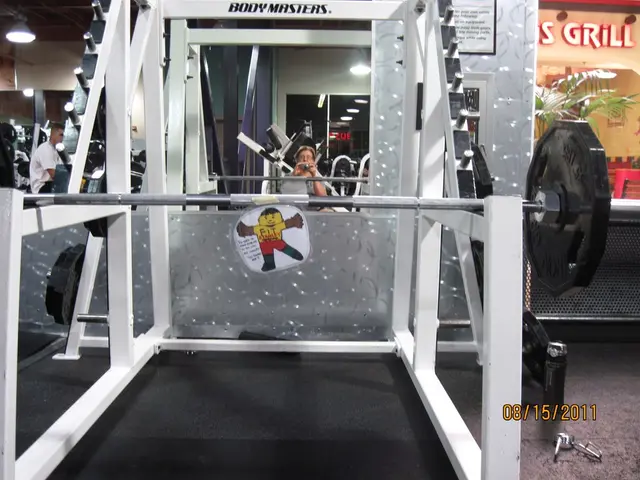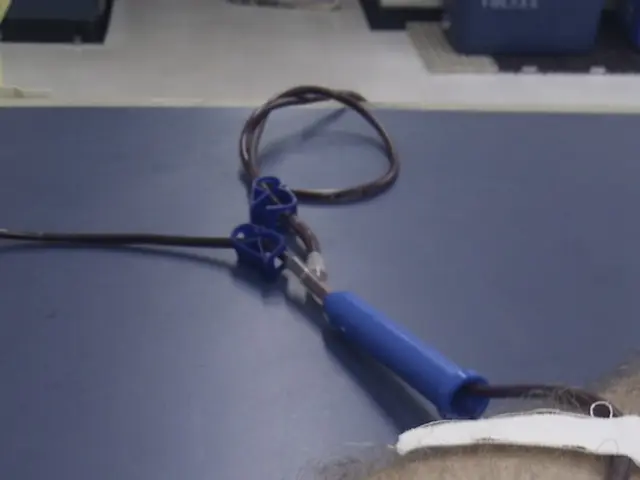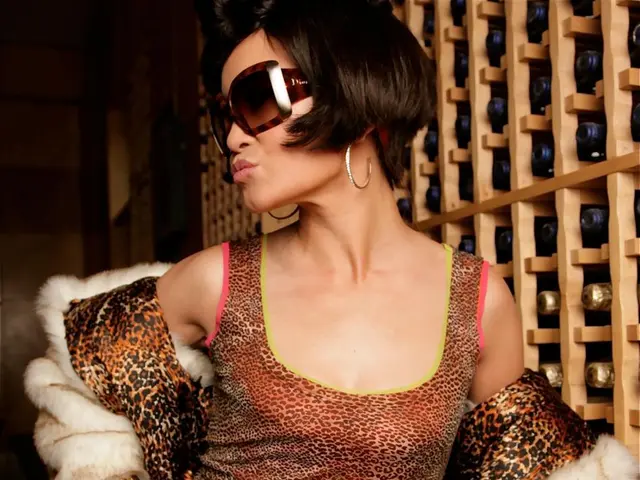Jeju Island's female free divers boast a genetically-inherited "extraordinary ability"
Dive into the chilly waters off Jeju Island, South Korea with the awe-inspiring Haenyeo, a group of female free divers known for their extreme diving abilities. This unique, aging band of women have adapted to the challenging conditions of their environment through a blend of genetic and physiological changes.
These ladies engage in breath-taking underwater quests, gathering seafood for consumption and livelihood, but don't be fooled by their grace – the waters they dive in are icy cold, often reaching temperatures of just 50 degrees Fahrenheit! That's right, they swim in near-freezing water with hardly a shiver.
As a junior evolutionary geneticist, Melissa Ilardo—an adventurer at heart—wanted to uncover the secrets behind the Haenyeo's extraordinary diving capabilities. "How could evolution shape the Haenyeo to be superior divers, to endure these harsh conditions better, to dive more safely?" she questioned.
For her groundbreaking study, published in the esteemed journal Cel Reports, Ilardo collaborated with Diana Aguilar-Gómez, a population geneticist from UCLA, and their team. Intrigued by their findings, let's dive into their revelations about these cold-water warriors.
A Hilarious Experiment with Surprising Results
Ilardo decided to compare the Haenyeo to elderly female counterparts on Jeju Island who had similar genetic backgrounds and to others living off-island with no known relation. Recruiting a total of 70 women, she faced a problem: dunking non-divers into the open sea wasn't an option. The solution? A humorous workaround dubbed a 'simulated dive.'
"Put your face in a bowl full of cold water," Ilardo explains. "Your body responds as if you're diving; your heart rate will drop measurably." The Haenyeo found the practice a bit silly but went along with it, seeing it as merely a shallow imitation of actual diving.
The results were extraordinary: the Haenyeo displayed a heart rate drop of about 50% more than their non-diving peers, with some women experiencing a heart rate dip of over 40 beats per minute in just 15 seconds! Such a pronounced bradycardia gives a solid hint at classic physiological adaptation, indicating years of diving experience.
Pushing the Limits of the Human Body
Next on the agenda: genetics. By taking saliva samples from the study participants, researchers discovered that the Jeju Islanders shared largely the same genes, regardless of whether they were divers or not. This observation suggests these people have been genetically sculpted by generations of divers: every islander has an equal chance of being a descendant of a diver.
Although the Haenyeo's genes were similar to those of non-divers on Jeju Island, two genes stood out. The first one seemed to be linked to cold tolerance, providing potential protection against hypothermia during diving.
The second gene was associated with blood pressure regulation, undoubtedly connected to blood vessel structure and function. "Diving raises your blood pressure," explains Aguilar-Gómez, "especially during pregnancy, which can cause damage if not controlled effectively."
Staying afloat during pregnancy can be a dangerous endeavor, increasing the risk of preeclampsia and other potentially life-threatening complications. However, those who were protected against this complication would likely have more children and pass these protective genes on.
Furthermore, Jeju Island boasts one of the lowest stroke mortality rates in all of South Korea. Scientists believe the low mortality could be related to this second protective gene, opening up possibilities for the development of therapeutics that protect people from stroke worldwide.
"By examining divers in Korea," says Ilardo, "we could uncover discoveries that may have far reaching implications for people everywhere." Shaking up the scientific world, the Haenyeo's genes, and the incredible feats they achieve, could hold the key to advancing human health.
Stephen Cheung, an extreme physiology researcher at Brock University, enthusiastically supports the groundbreaking work. "Pushing the body to its limits," he says, "helps us understand our own limitations and the capabilities of the human body." Aguilar-Gómez agrees wholeheartedly, acknowledging the Haenyeo's underwater achievements as a truly extraordinary feat.
Ilardo returned to Jeju with her findings, eager to share them with the Haenyeo, many of whom are watching their unique way of life dwindle. "These women are extraordinary," she says, "their biology is fascinating, and what they do is extraordinary. I believe it's essential to celebrate these women and their incredible adaptations."
- Melissa Ilardo, with her co-researcher Diana Aguilar-Gómez, delved into the health and wellness aspect of the Haenyeo, examining their physical adaptations and marveling at how their mental fortitude might impact mental health.
- Aguilar-Gómez noted that the Haenyeo's ability to regulate their blood pressure, even during pregnancy, provides insight into women's health, potentially leading to new treatments for preeclampsia and stroke-related issues.
- Stephen Cheung, an expert in extreme physiology, applauded the study, stating that understanding the Haenyeo's trails in the freezing waters could shed light on fitness and exercise, pushing the boundaries of human abilities.








